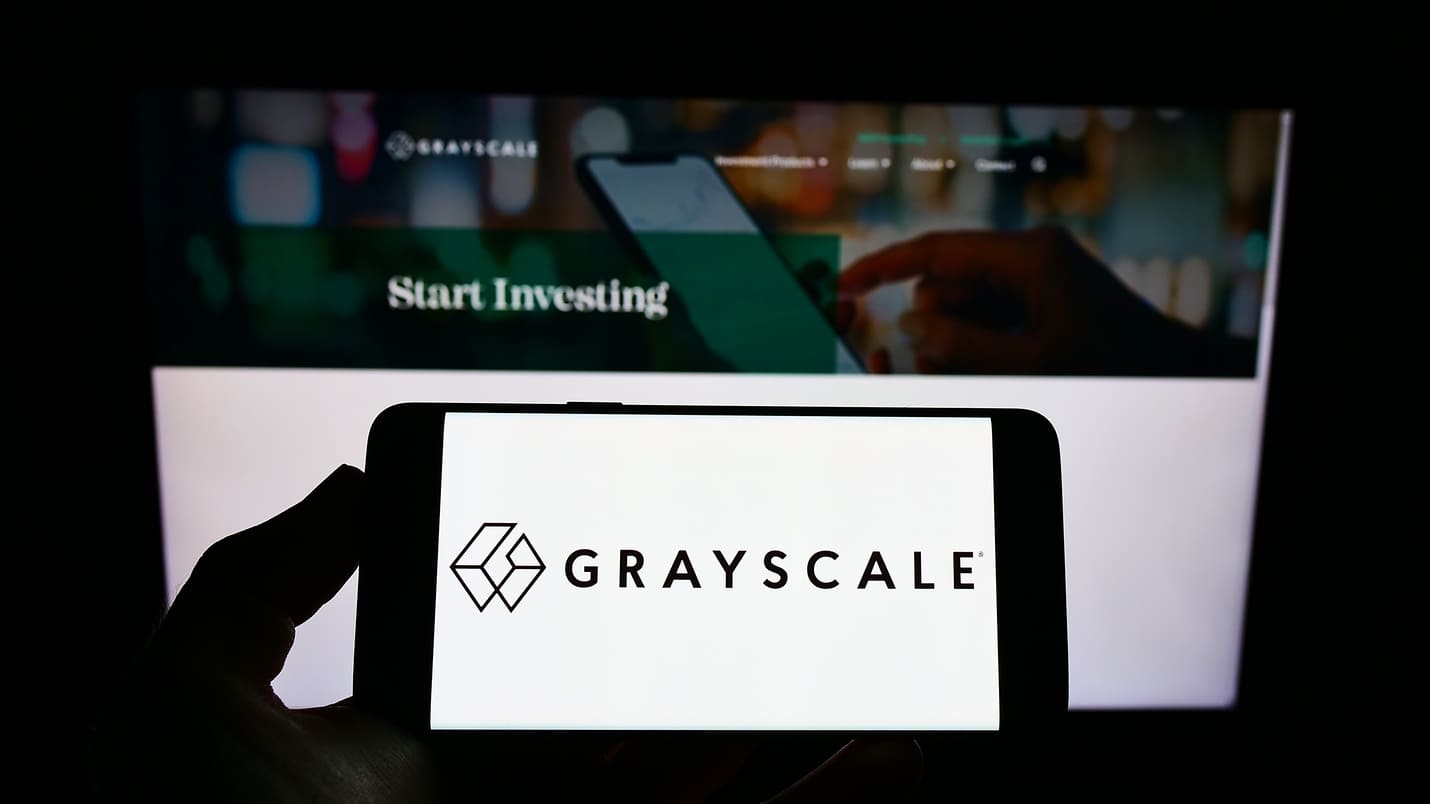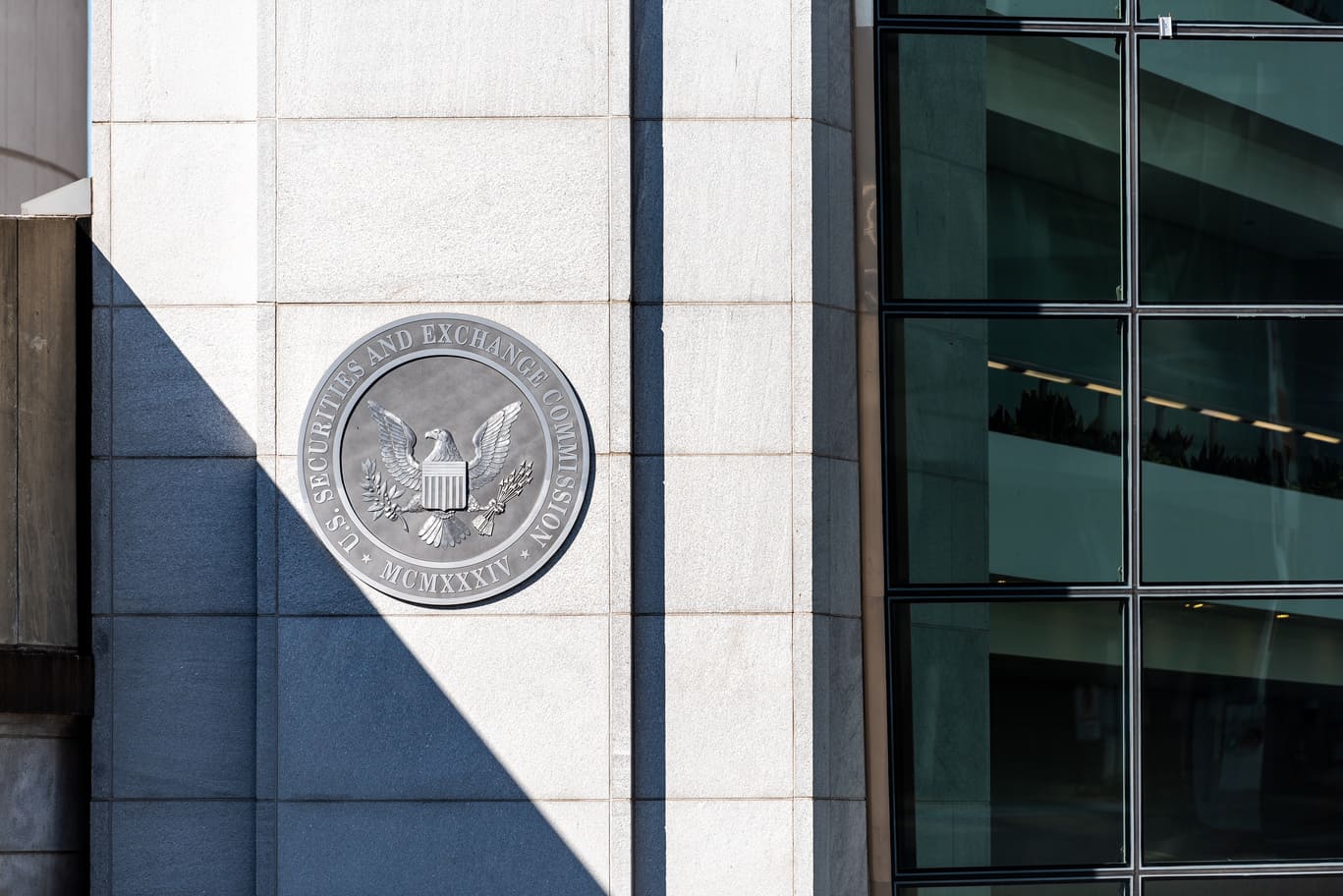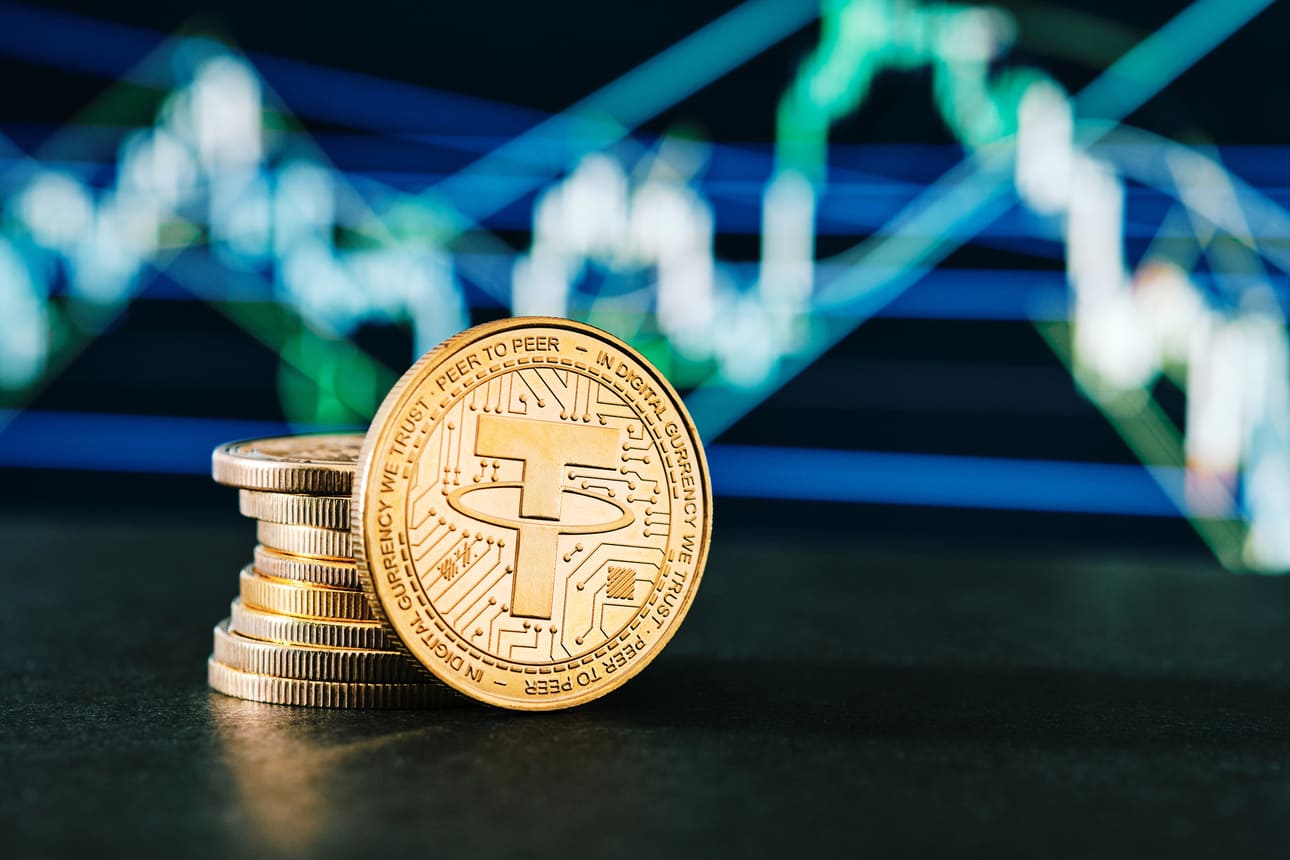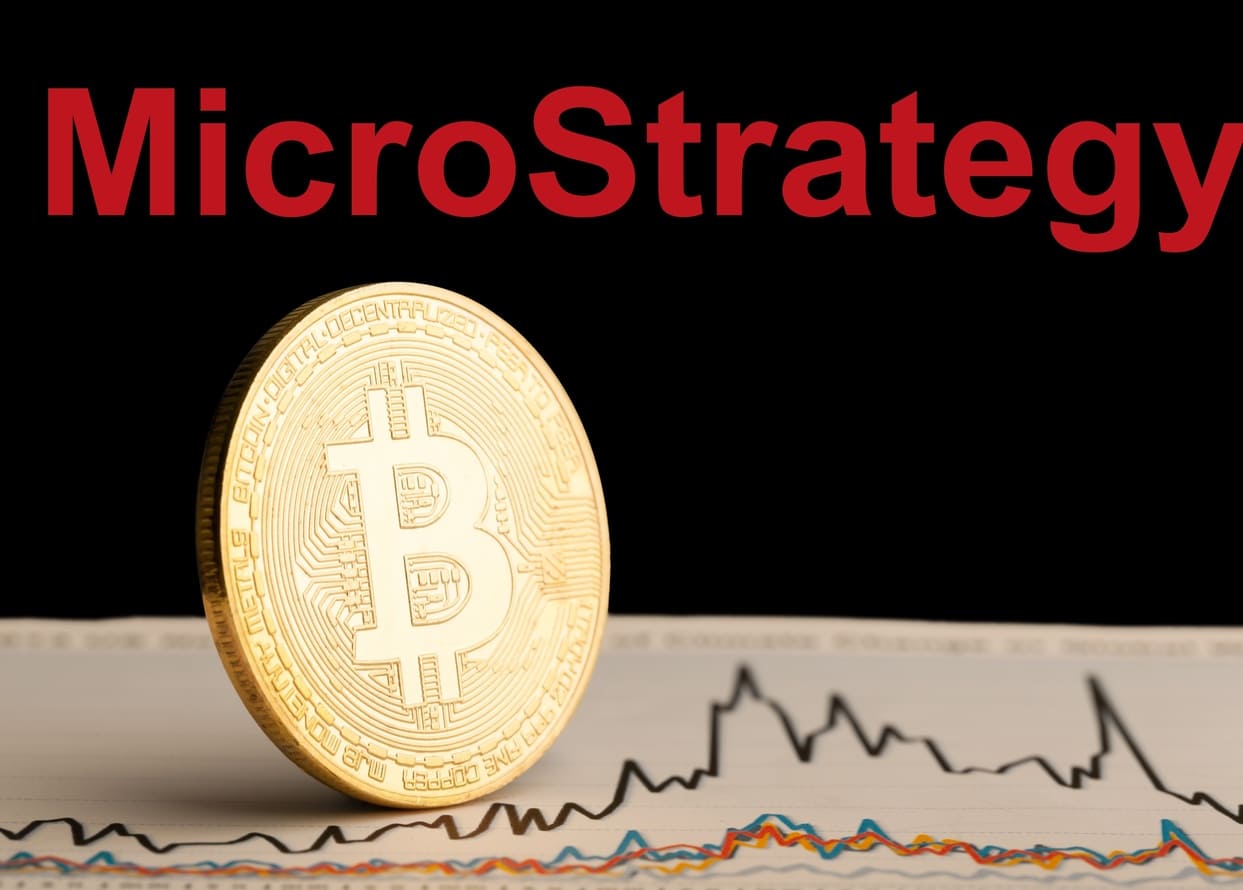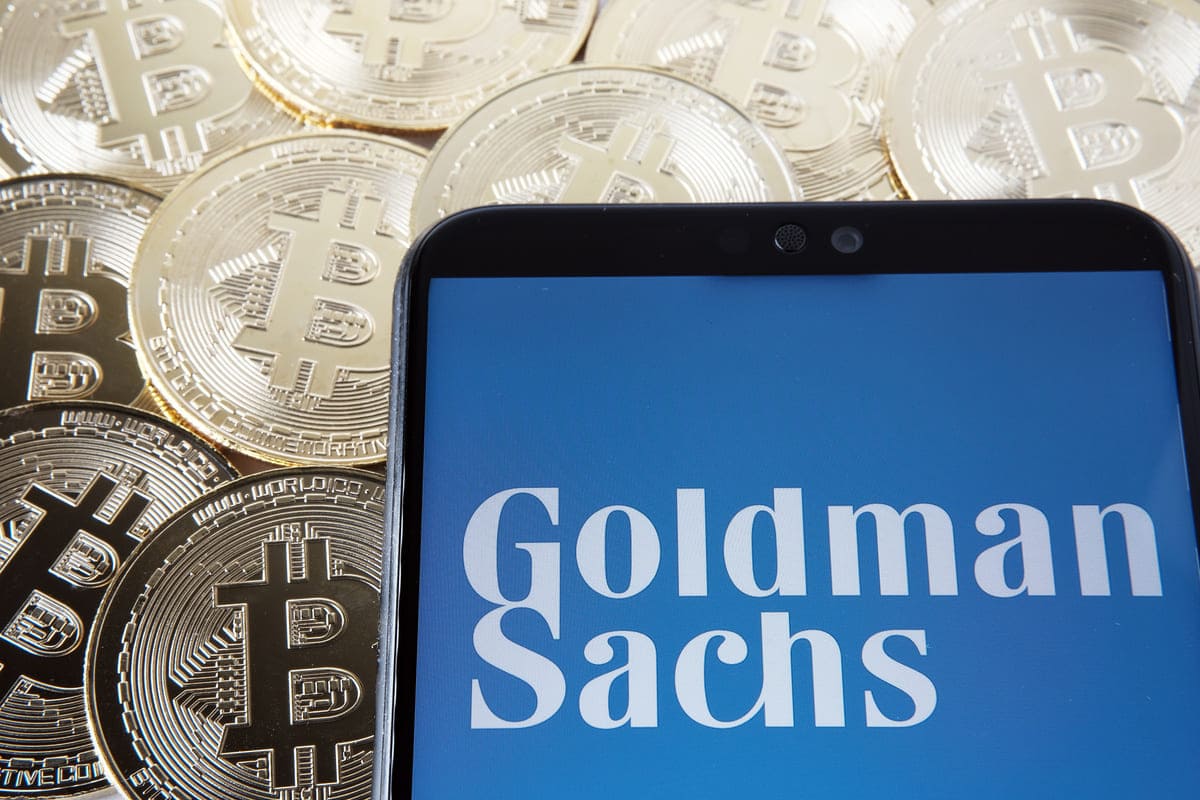
Goldman Sachs Foresees a Surge in Blockchain Asset Trading and Evolution in Digital Markets
Matthew McDermott reveals Goldman Sachs' strategy and outlook on blockchain-based assets, cryptocurrencies, and financial market transformation.
Goldman Sachs is preparing for a substantial upsurge in the trading of blockchain-based assets in the next one to two years, signaling a pivotal shift in digital asset markets.
According to a Reuters report, Matthew McDermott, the bank's global head of digital assets, indicated that the financial powerhouse is not only bracing for a surge in trading volumes but is also witnessing a mounting interest in cryptocurrency derivatives among its clientele.
The anticipation in the market heightens as it eagerly awaits the U.S. Securities and Exchange Commission's decision regarding the approval of a spot Bitcoin exchange-traded fund (ETF). This decision is anticipated to unlock fresh opportunities and attract more investors to cryptocurrencies.
The surge in Bitcoin, already witnessing a rise of over 50% this quarter, is primarily attributed to the increasing interest from institutional clients such as hedge funds and asset managers, who are progressively assessing the potential of digital currencies.
McDermott, however, is directing his gaze beyond the immediate scope of cryptocurrencies. He is concentrating on cultivating a more comprehensive array of digital assets, including the issuance of blockchain-based tokens representing traditional assets like bonds.
His statements underscore a substantial "appetite" for digital assets, a sentiment that has burgeoned over the past year.
McDermott forecasts an uptick in blockchain-based trading volumes within the next 1-2 years, anticipating significant market development in the span of 3-5 years. Nevertheless, he acknowledges that transitioning most financial markets to blockchain remains a long-term objective.
According to a Goldman Sachs client survey, 16% of respondents anticipate that over 10% of financial markets will be tokenized within 3-5 years. The survey also highlights Goldman Sachs' dedicated team for trading cryptocurrency derivatives for institutional clients, albeit this market currently being small in scale.
Goldman Sachs' foray into blockchain technology revolves around embracing new asset classes and revolutionizing the foundational infrastructure of financial markets. McDermott highlighted that the utilization of blockchain technology could yield substantial operational efficiencies, streamline settlement processes, and contribute to reducing risk in financial markets. He further elaborated that if securities were traded via blockchain, collateral and liquidity could be transferred between parties with increased speed and accuracy.
However, the journey toward a predominantly blockchain-oriented financial landscape presents challenges. Despite several pilot projects, such as issuing blockchain-based bonds, there remains no routine issuance or established liquid secondary market.
McDermott also shared his perspective that an ETF approval might not immediately result in a significant surge in liquidity and pricing. Nevertheless, he acknowledged the potential for this development to attract new institutional investors to the market.
He emphasized the importance of being able to interact with a familiar and scalable product, considering it a positive step for the asset class.


